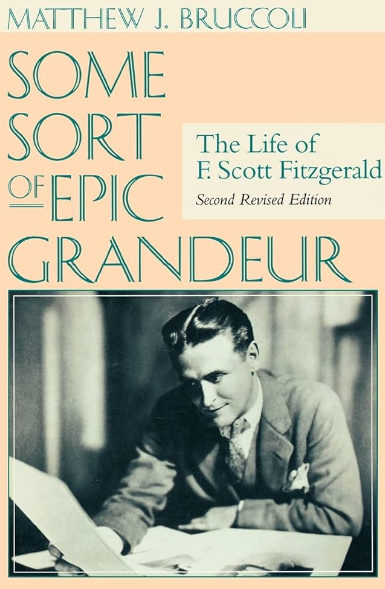F. Scott Fitzgerald’s classic novel, The Great Gatsby, has stood the test of time as a timeless masterpiece that continues to resonate with readers across generations. The novel delves into themes of love, wealth, social class, and the American Dream, offering a critique of society and human nature.
Love and Loss in the Jazz Age
Set against the backdrop of the roaring 1920s, The Great Gatsby explores the tumultuous relationships between its characters, showcasing both the intoxicating allure of love and the heartbreaking consequences of loss. Protagonist Jay Gatsby’s unrequited love for Daisy Buchanan drives the narrative, as he navigates the challenges of chasing after an unattainable dream.
The Pursuit of Wealth and Happiness
Fitzgerald’s novel also delves into the theme of wealth and its connection to happiness. Characters like Gatsby and Tom Buchanan embody the pursuit of material success at the expense of personal fulfillment, showcasing the shallow and empty nature of the American Dream. The novel serves as a cautionary tale about the pitfalls of placing too much importance on wealth and status.
Social Class and Privilege
The Great Gatsby also explores themes of social class and privilege, highlighting the stark divides between the wealthy elite and the working class. The characters’ interactions and attitudes towards money and status reveal the complexities of social hierarchies and the ways in which they shape individual identities and relationships.
Critique of the American Dream
At its core, The Great Gatsby offers a critical commentary on the American Dream and the disillusionment that can arise from its pursuit. Through characters like Gatsby, who symbolizes the ideal of self-made success, and Daisy, who represents the emptiness of privilege, Fitzgerald paints a nuanced portrait of the complexities of the American Dream and the sacrifices it demands.
In conclusion, The Great Gatsby remains a timeless classic that continues to captivate readers with its exploration of love, wealth, social class, and the American Dream. Its themes and critiques of society resonate just as powerfully today as they did during the Jazz Age, reaffirming its status as a literary masterpiece that will endure for generations to come.
